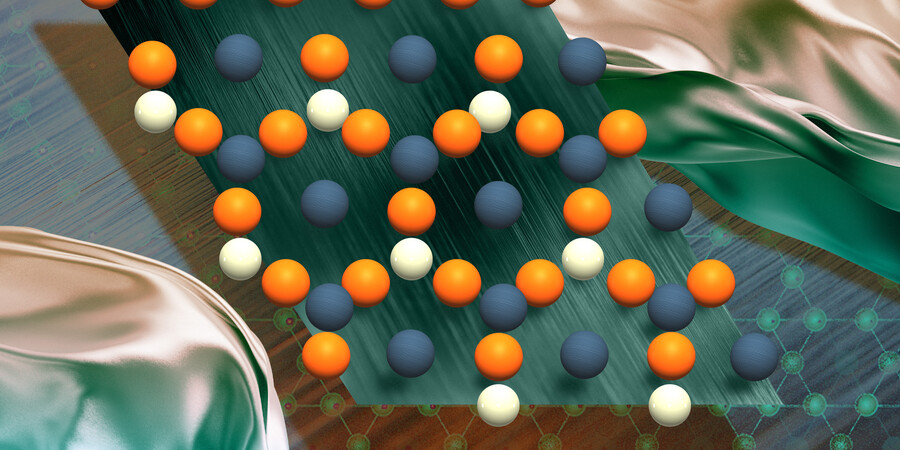Adam Zewe | MIT News Office
October 7, 2022
Computer chips are packed with billions of microscopic transistors that enable powerful computation, but also generate a great deal of heat. A buildup of heat can slow a computer processor and make it less efficient and reliable. Engineers employ heat sinks to keep chips cool, sometimes along with fans or liquid cooling systems; however, these methods often require a lot of energy to operate.
Researchers at MIT have taken a different approach. They developed an algorithm and software system that can automatically design a nanoscale material that can conduct heat in a specific manner, such as channeling heat in only one direction.
Complete article from MIT News.
Explore
AI System Learns from Many Types of Scientific Information and Runs Experiments to Discover New Materials
Zach Winn | MIT News
The new “CRESt” platform could help find solutions to real-world energy problems that have plagued the materials science and engineering community for decades.
New Tool Makes Generative AI Models More Likely to Create Breakthrough Materials
Zach Winn | MIT News
With SCIGEN, researchers can steer AI models to create materials with exotic properties for applications like quantum computing.
MIT Physicists Discover a New Type of Superconductor that’s also a Magnet
Jennifer Chu | MIT News
The “one-of-a-kind” phenomenon was observed in ordinary graphite.




